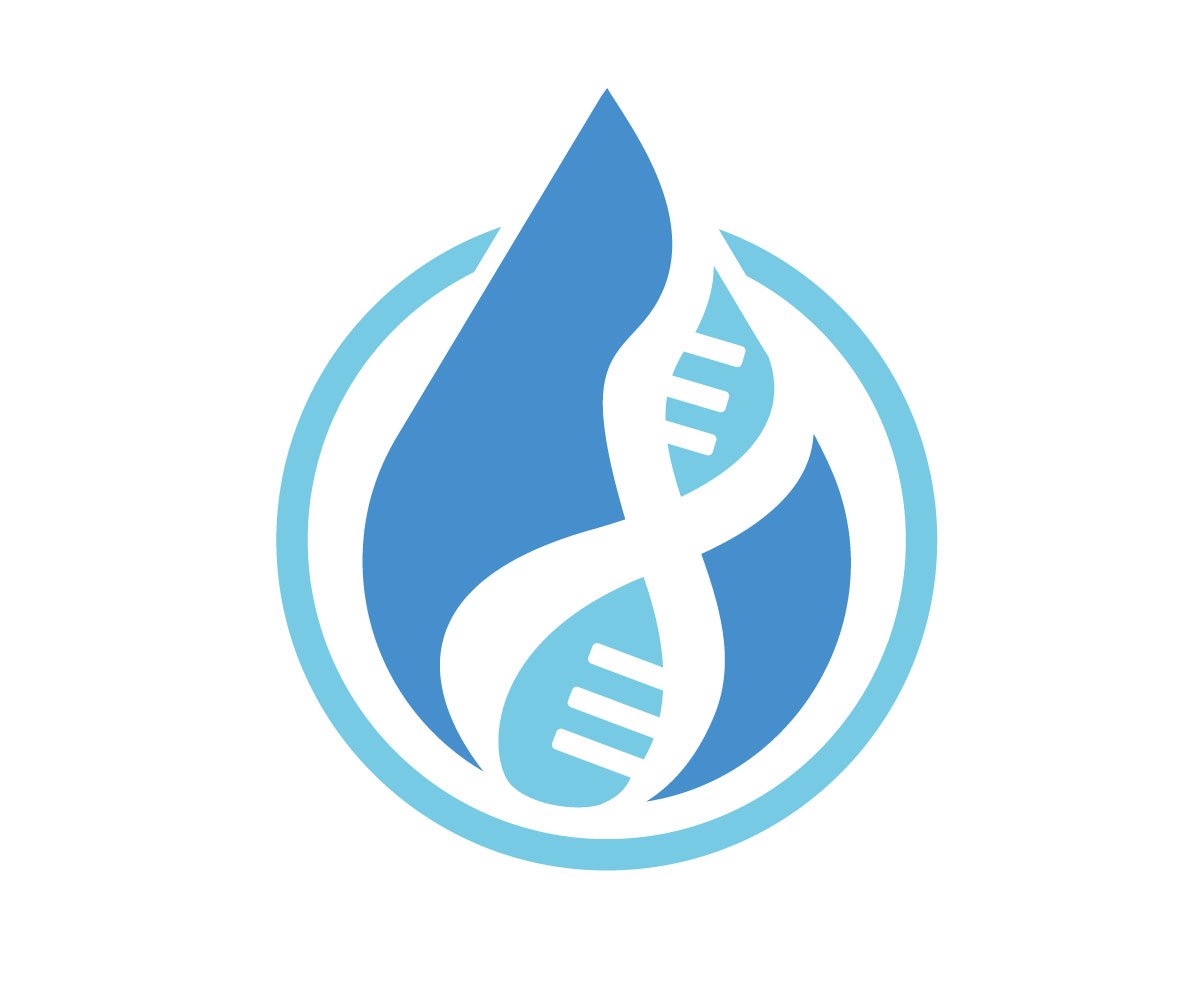Open Your at-Home DNA Alzheimer’s Report When You’re Already on the Phone With a Genetic Counselor
June is Alzheimer's Awareness month which seems an appropriate time for an updated post on Alzheimer's disease.
I've compiled resources about Alzheimer's disease genetic testing into one place (see the bottom of this post). I'm also including some direction on how to involve a genetic counselor when you prepare to open your 23andMe report on late-onset Alzheimer's disease risk (or a third-party report run on a raw data file, like Promethease).
PANIC DOESN'T HAVE TO BE PART OF THE EQUATION IF YOU FIND OUT YOU HAVE AN ELEVATED RISK OF DEVELOPING ALZHEIMER'S DISEASE.
The advice and resources included below can help reduce or stop the panic before it has a chance to start.
If you haven't worked with a genetic counselor before, a genetic counselor is a great partner to have when you are deciding to have DNA testing or at the point of learning DNA results that could have a profound effect on your outlook for the future.
I can speak for all genetic counselors when I say we aren't trying to keep you from your genetic information. We aren't trying to meddle with your rights or get between you and knowledge about yourself. Genetic counselors know you can handle what you find out.
IT'S OUR JOB TO GET YOU THE CORRECT INFORMATION AND HELP YOU LOCATE SUPPORT YOU WHEN YOU NEED IT.
After your results are back but before you open your Alzheimer's risk report, consider finding a genetic counselor to have on call. Schedule an appointment with them*, and open your report together with your genetic counselor on the phone or over video chat.
*Ways to do that include scheduling with me here or someone else in the Genome Medical network here* or searching for someone located near you here. Watershed DNA and Genome Medical services available only to U.S. residents at this time.
You'll have instant access to information, support, and next-steps if you find out you carry an elevated risk of late-onset Alzheimer's disease. If you find out your risk does not appear to be elevated, you can use the rest of the time with your genetic counselor to review your family and personal medical history.
YOUR GENETIC COUNSELOR CAN EXPLAIN OTHER TYPES OF TESTING THAT MIGHT FIT YOUR NEEDS.
It might be carrier screening if you're planning a family, or a proactive genetic screen if you're healthy but curious about future risks. Diagnostic testing might be what you need if you already have a medical condition or health symptoms.
A one-time appointment with a genetic counselor -- whether you're having unexplained medical issues or are healthy without any specific genetic concerns -- can set you on the right path. At-home DNA tests merely skim the surface.
Find a genetic counselor to be your partner, and keep learning about the different tests available. Some DNA tests are medical-grade and some are not, so make sure you've taken the right one.
LEARNING ABOUT YOUR GENETIC RISKS CAN BE EMPOWERING IF YOU KNOW WHAT TO DO WITH THE INFORMATION YOU LEARN.
Your Alzheimer's risk report might be ready and waiting for you, but don't feel pressured to open it right away. Read some of these articles, then look for a genetic counselor to have on the line, if it feels right to you.
Watershed DNA blog post: Should you do a home DNA test for Alzheimer's?
Watershed DNA blog post: Need help fighting the urge to open your Alzheimer's disease risk report?
Watershed DNA blog post by guest writer Jamie Fong: Alzheimer's disease - key points
apoe4.info article: Thinking about testing? APOE4.info is a support organization founded and operated by individuals who have found out they carry an elevated risk of Alzheimer's disease based on genetic results. Not all of the content on the site has been developed or reviewed by medical/genetics providers and researchers. Check with your doctor before you make changes based on what you read on the site.
Article from the Philadelphia Inquirer - highlights one person's experience learning about her elevated Alzheimer's risk and advice and resources for others
-Brianne

